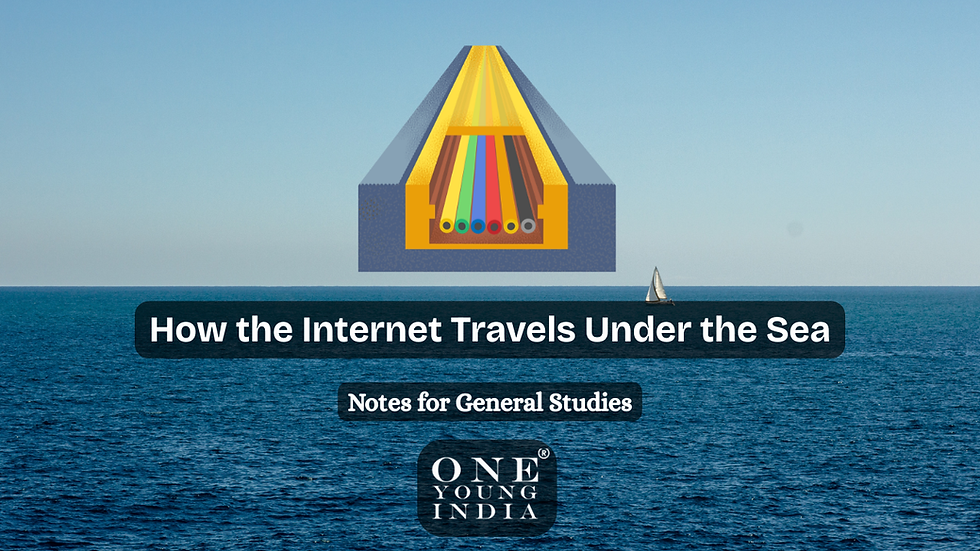Nuclear Energy
- One Young India
- Oct 5, 2021
- 2 min read
Updated: Dec 24, 2022
What is Nuclear Energy?
Nuclear energy is defined as the energy released during the nuclear fission or fusion of radioactive material such as uranium, thorium, or plutonium. This energy can be used for a multitude of purposes, such as power generation, atomic weapons, medical therapy, and so on.
Is Nuclear Energy Safe?
There is an ongoing debate over nuclear energy. Nuclear energy supporters, such as the World Nuclear Association and Environmentalists for Nuclear Energy, argue that it is a safe, sustainable energy source that minimises carbon emissions. Nuclear energy opponents, such as Greenpeace and NIRS, argue that nuclear energy poses numerous risks to human health and the environment.
How does a nuclear fission reaction take place?
In practice, one kilogramme of uranium-235 fission creates 18.7 million KW (Kilowatt-Hours) of heat. On average, the fission process, which is launched by the absorption of one neutron in Uranium-235, yields 2.5 neutrons.
The neutrons released in this manner quickly cause the fission of two more atoms, resulting in the release of four or more further neutrons, so initiating a self-sustaining cycle of nuclear fissions and the continual release of nuclear energy.
Need of Nuclear Energy
The generation of electricity is the most important peaceful application of nuclear energy. Nuclear energy powers submarines, surface ships, and spacecraft. Particles produced by nuclear processes can be employed in medicine, industry, and science.
Nuclear energy has grown in popularity as a way to minimise our reliance on fossil fuels. The usage of fossil fuels (oil, gas, and coal) releases greenhouse gases; there is also a limited supply, and our supplies are quickly dwindling.
Nuclear energy is an intriguing alternative to carbon-based fuels since it provides significantly more energy than an equivalent mass of hydrocarbons or coal. The growing demand for morè energy in developing economies such as India, China, and Russia is putting a strain on the ability to supply the rising demand.
Advantages of Nuclear Energy
Produces little or no greenhouse gas emissions and other pollutants are released at a slower rate (e.g. fly ash).
It is an economical consistent source of energy and produces very little waste.
It is used as a renewable resource in new breeder reactors.
Its use can be standardised based on reactor design.
There are significant advances in nuclear technology making it a safer alternative.



